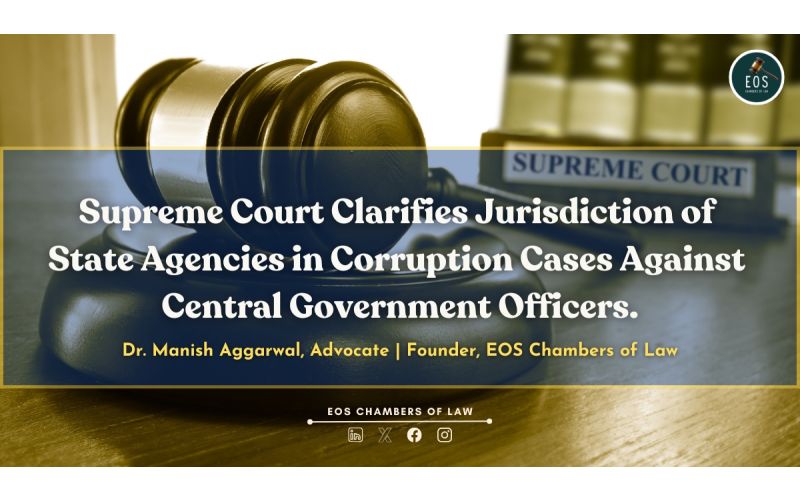
EOS Chambers
Advocates &
Solicitors
Committed to Excellence in Civil Matters, Criminal Matters,
Corporate Restructuring. With Over 35+ Years of Experience
Counsel Law Firm
Best LAw Firm
Since 2002
Believe that our values offer a somewhat different alternative in a
closed and yet increasingly fragmented legal industry

































